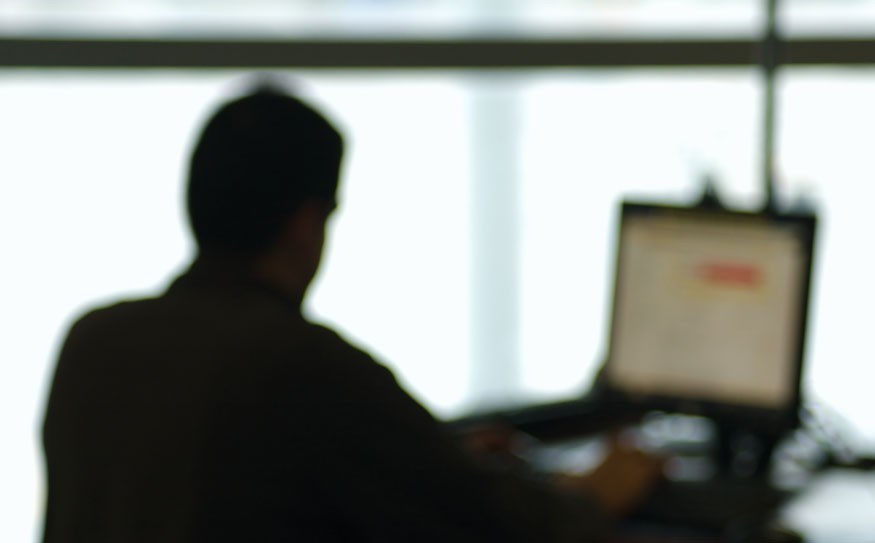First, despite the fact that my name is printed above I want to reassure you, fine reader, that what I am writing below is an opinion column — my own personal thoughts and ideas.
Second, I want to be clear that I am a real human being and this column was not created by a robo-reporter, it was not auto-tuned and real fingers were used to type it up.
I'm taking this unusual step of making sure you are clear that I am me because I learned this week that four journalists who once contributed Whistler news to an online newssite were fictitious.
Douglas De Vere, Sarah Minoasi, Steve Niepce and Steve Negreanu are not real people. The creator of the pen names admitted to me that these four so-called reporters, who have been writing about Whistler happenings for the last few months, are fictional characters.
The unreal reporters have since vanished. The administrator of the site they contributed to has removed any reference to the once prolific writers.
While these fictional characters were doing a good job of publishing facts they got to go to sleep at night knowing that if their work wasn't up to a high ethical and journalistic standard they would sleep just fine knowing they are not accountable or responsible for a single word they wrote in their non-existent existence.
Before the explosion of the Internet it was pretty easy for news consumers to find reliable and credible news sources that shared facts and informed opinions.
The World Wide Web came along and clouded the news industry. Newspapers, radio, television and magazines were the primary sources of news for most people before Bill Gates, Steve Jobs, Al Gore, Tim Berners-Lee and a cast of other characters showed us the true information sharing power of the Internet.
Starting any one of the traditional journalistic vehicles was and still is quite an undertaking. On the other side of the media coin, almost anyone with a few bucks, strong opinions and some spare time can now create a website, start playing journalist and call it a news portal. And, people with little to no journalistic training are doing this all over the world.
As someone who believes entrepreneurs should be encouraged, I admire those brave enough to launch their own news venture.
Who am I to tell anyone where they should or shouldn't get their news? News consumers will do what they do, and get their news from wherever they wish to get it.
The news and current affairs information sources available to people since I started in the news business in 1989 has grown from newspapers, radio, television and magazines to, literally, a situation where anyone can be a news generator.
Facebook, Twitter and other social media vehicles make all of us news reporters for our own networks of people.
When something newsworthy happens many social media users publish a note to the Internet and within seconds a large number of people have access to the information and are up to date on that bit of news.
Most people interested in being informed are pretty good at sorting out the credible news from opinion, speculation, analysis, humour and factually challenged news reports.
When it comes to news credibility, here's the litmus test for me: Is the writer willing to put their real name and real identity to everything the writer is reporting?
In 1990 I started working in the Mountain FM newsroom. Every time I turned on the microphone to read news I told the audience my name. This happened every day until I left the radio station 11 years later. When I made the switch to newspaper reporting, everything I wrote had my name on it.
I like to think that most people believe reporters working at the well-established news outlets throughout the corridor who attach their names to all the work they publish or broadcast are credible
As frustrated as I am that De Vere, Minoasi, Niepce and Negreanu got to write whatever they wanted and never took responsibility for it, I have faith that keen news consumers know authentic writing and reporting when they see or hear it. Real feedback is welcome from real people. Anonymous web posters need not respond.




